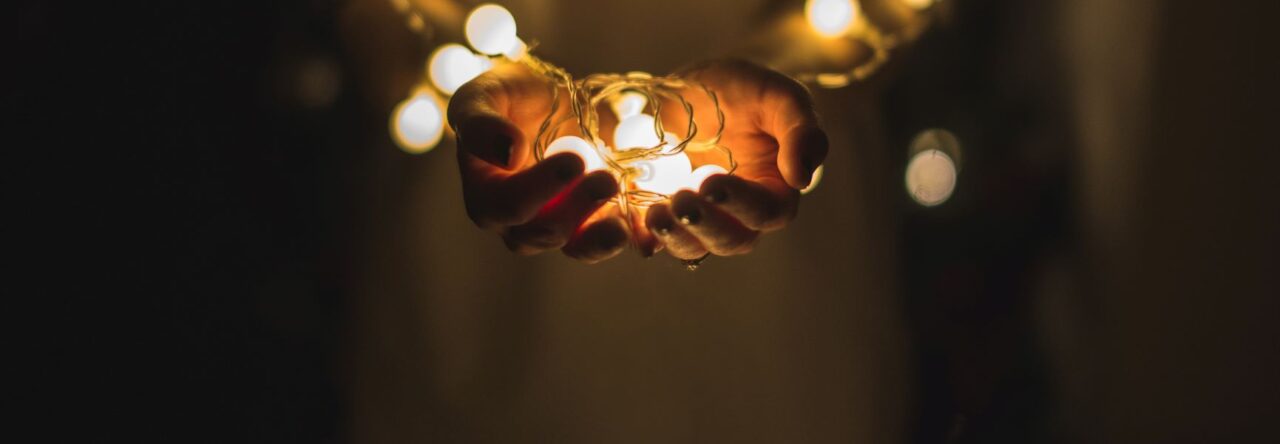Mrs. Burns, my kindergarten teacher, clearly loved my best friend, while she did nothing to hide her disdain for me. One day she caught me sticking my tongue out at a classmate in response to an insult. Her idea of teaching me not to do that was to make me stand at her desk and stick my tongue out at her. If I had had thicker skin, I would have enjoyed it, but I cried in humiliation the whole time.
According to my mother, when I came home on the last day of kindergarten, I declared, “Mrs. Burns may know how to teach, but she doesn’t know how to be nice and she doesn’t know how to take care of children.” Then my eyes welled up and I said, “I wanted to like her.”
Intending to avoid another Mrs. Burns, my mother requested that I have Miss Brooks, who had a reputation as an excellent first grade teacher. The administration complied.
I loved Miss Brooks. She was warm and kind, everything Mrs. Burns wasn’t. Whenever we left the classroom, we walked in a single file line, as is the way of elementary students everywhere. Miss Brooks walked next to the line, and always stuck her hand out for the student next to her to hold. I felt special whenever she chose me.
Miss Brooks didn’t play favorites. There were some boys in our class who were a handful, but I don’t remember her treating them differently from the more compliant kids. Don’t get me wrong. Miss Brooks ran a tight ship. But she was never mean.
All of Miss Brooks’s students knew that she loved mice. She had mouse stuffed animals, mouse stickers, and other mice themed things at her desk. We liked knowing something personal about our teacher. We also knew that she was Irish, because she taught us an Irish jig.
I will never forget the time when I was in third grade, (a big kid), and I was walking by myself from one end of the campus back to the third grade building. Miss Brooks was walking ahead of me, without her class. She turned around, saw me, stopped, and stuck her hand out. I held her hand the whole way back and told her about my summer, feeling special the whole time.
The year I started fourth grade, Miss Brooks moved to Rhode Island to take a job as the principal of an elementary school. I wrote to her, and she always wrote back. One time I sent her a gold mouse pin that I got from the prize bin in my dentist’s office. The mouse wore a red dress. Obviously it couldn’t have been high quality having come from my dentist’s prize bin, but you wouldn’t know that from Miss Brooks’s response. She thanked me for the pin and told me that she wore it on her red turtleneck on the first day at her new school. After I read that, I had the biggest grin for hours.
Another time, my friend Alicia and I wrote letters to her and included some cat stickers. I remember that in her reply, Miss Brooks wrote that she would keep the cat stickers away from her “mouse ones.”
When I moved to Rhode Island for graduate school I thought I would look up Miss Brooks. I spent hours on the phone with the receptionist for the principals association. I only knew the year she became a principal. I didn’t know the name of her school. The receptionist could not find her. I figured she got married and changed her name. Or maybe she moved to a different state.
I was crushed. Still am. Maybe it’s because I became a teacher that I wanted so much to reconnect with Miss Brooks. To tell her how she made me feel, because over the years, it has brought me so much joy whenever my former students have told me that I had a positive effect on them.
When I think about Miss Brooks now, I recall a passage in Jewish liturgy about getting to the promised land. It states, “…there is no way to get from here to there, except by joining hands, marching together.”
To read an earlier post about Miss Brooks, click here.





